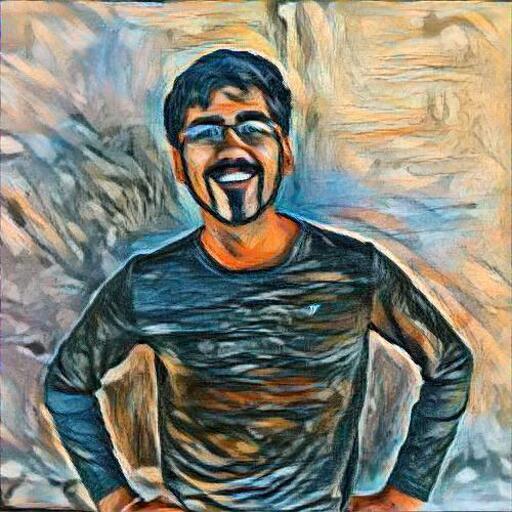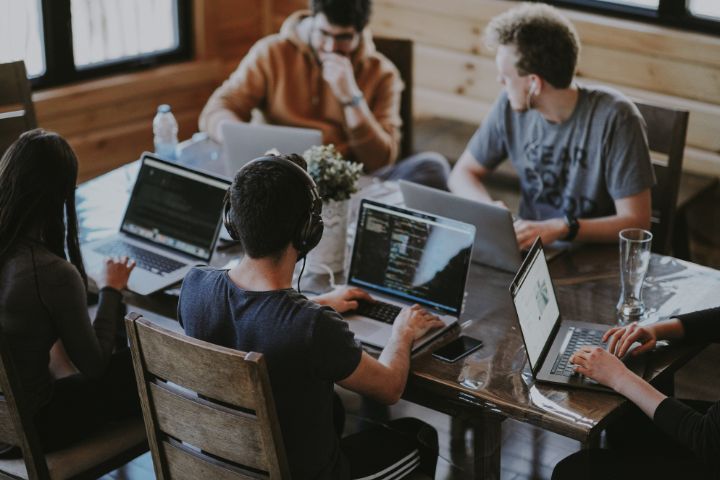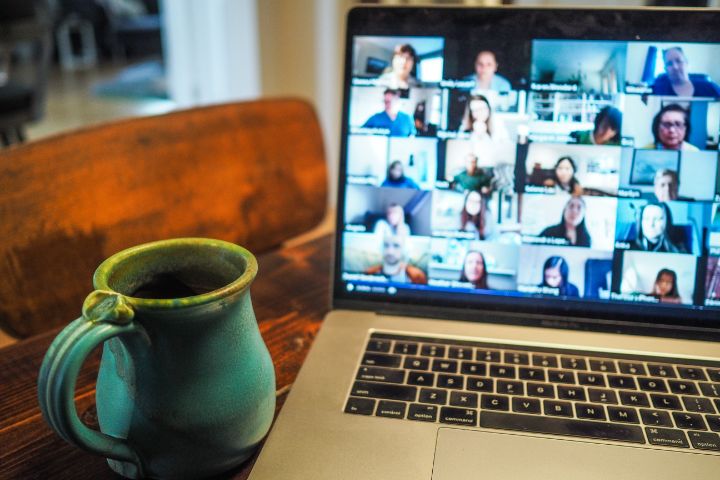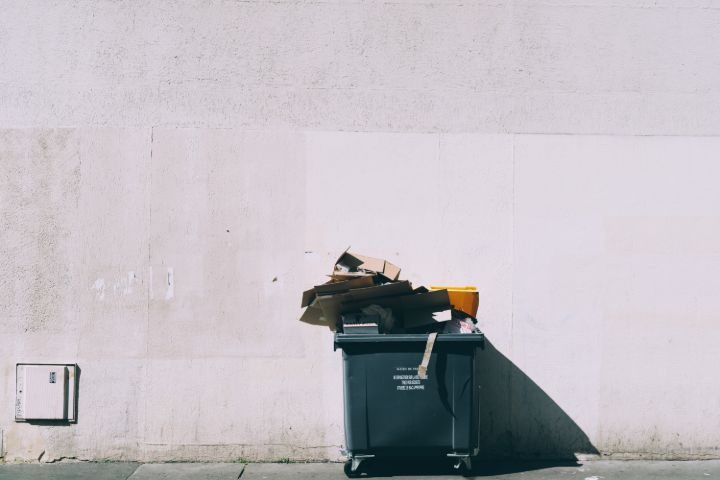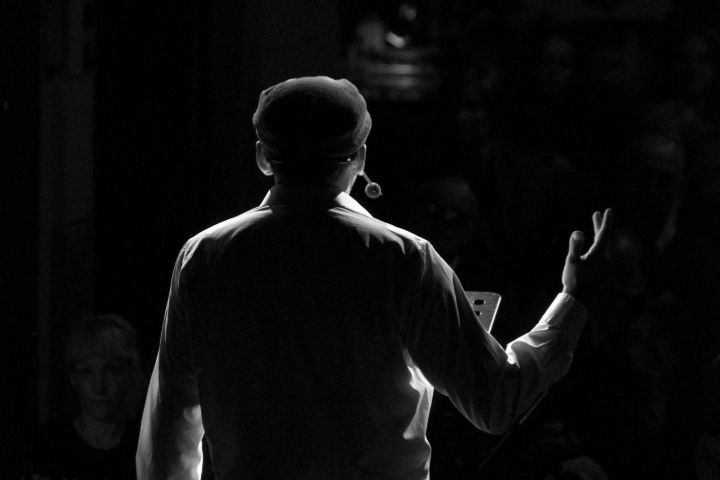I'm a student training to solve neglected global problems
I would describe myself as an immigrant. Immigrating to Canada created lots of challenges growing up. But it also taught me my three core values: helpfulness, resourcefulness, and reliability. Everything I do, I do because of these values.
Currently, I'm a computer engineering student at the University of Waterloo. I'm learning about accelerated AI hardware at a design team I'm running. Professionally, I've been building RAG systems for startups and Health Canada.
On the side, I'm ALWAYS learning. About law, meteorology, coding, nature... anything I find! And I publish everything I learn, so learn along with me 😉 And if you want to get in touch, here are some useful links:
